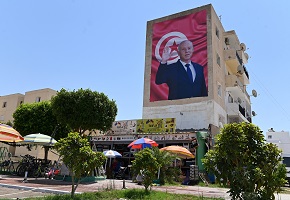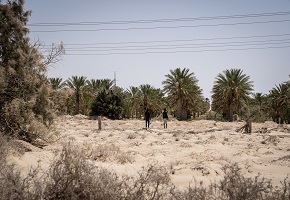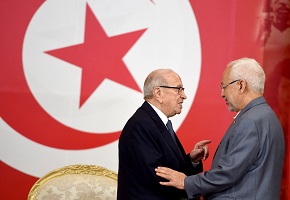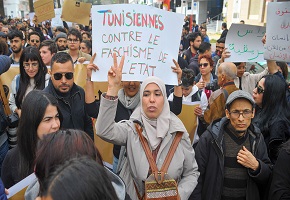Ruth Hanau Santini 28 October 2024
Ruth Hanau Santini, associate professor of Politics and International relations at the University of Naples L’Orientale, discusses how Tunisia’s democratic backslide stemmed from unimplemented reforms and an elite-driven process that sidelined public trust. These issues ultimately paved the way for populist influence, culminating in Tunisia’s current political crisis.










